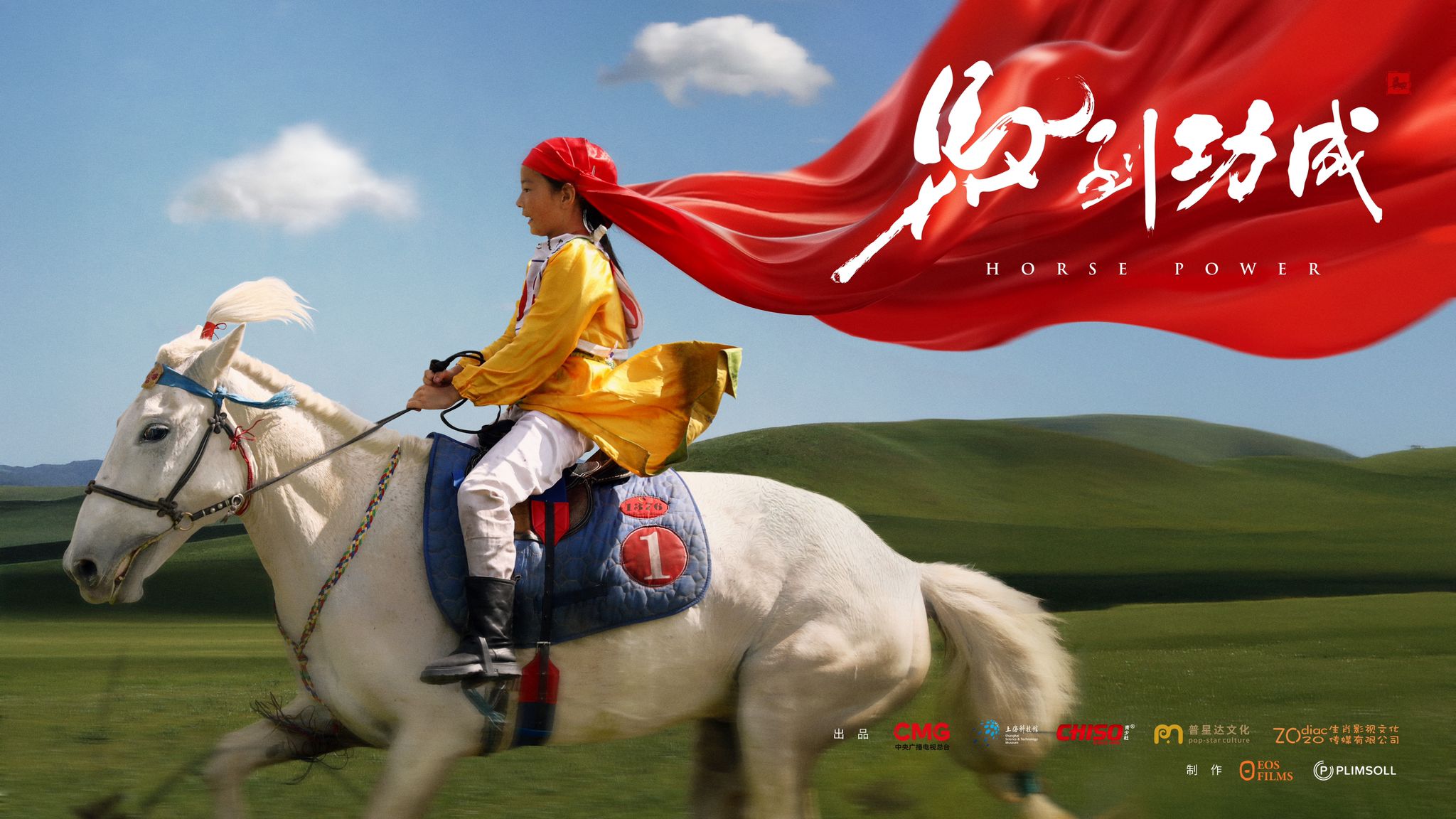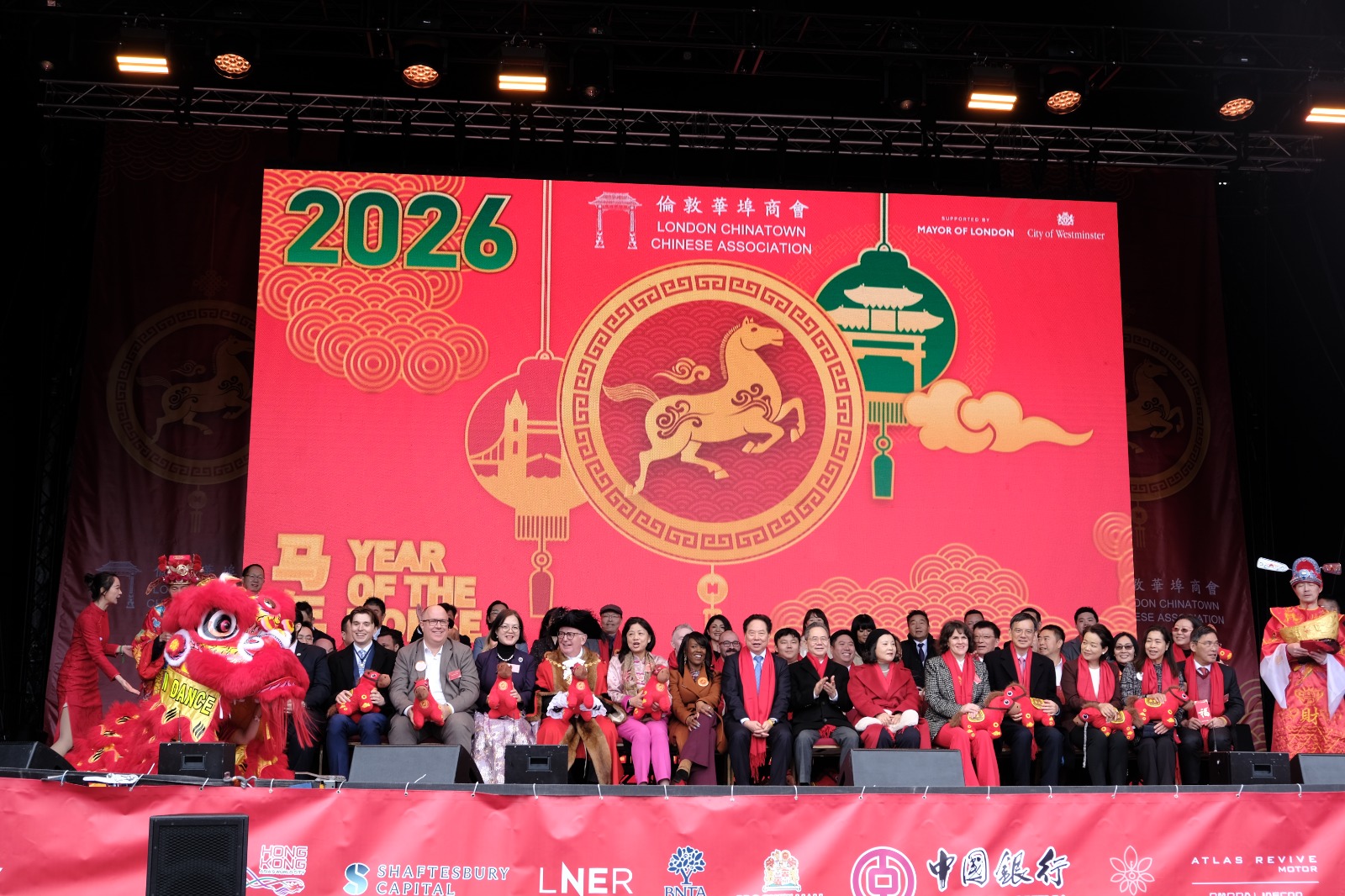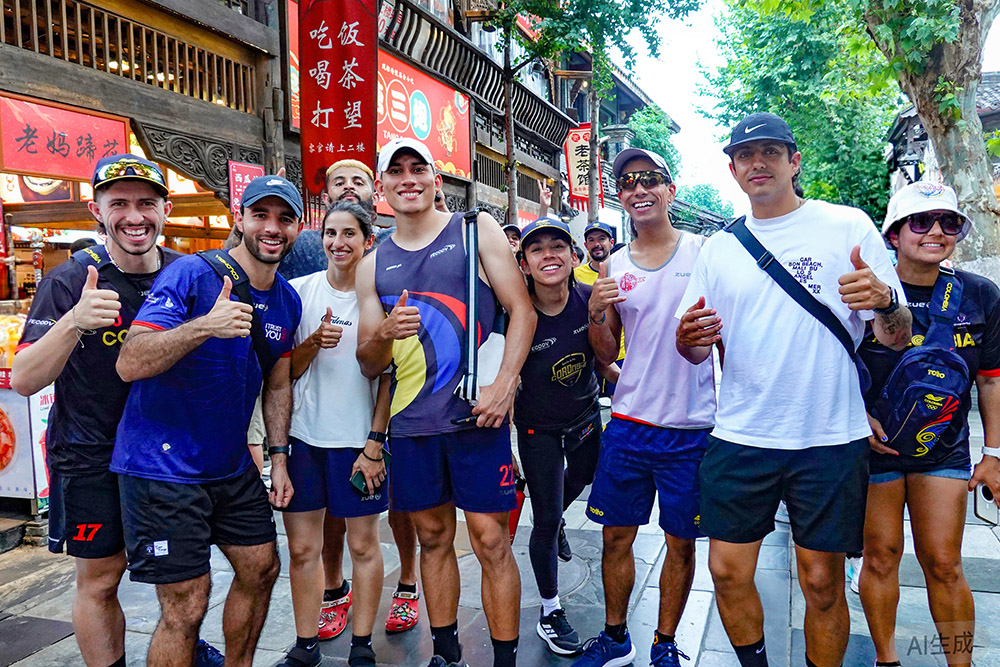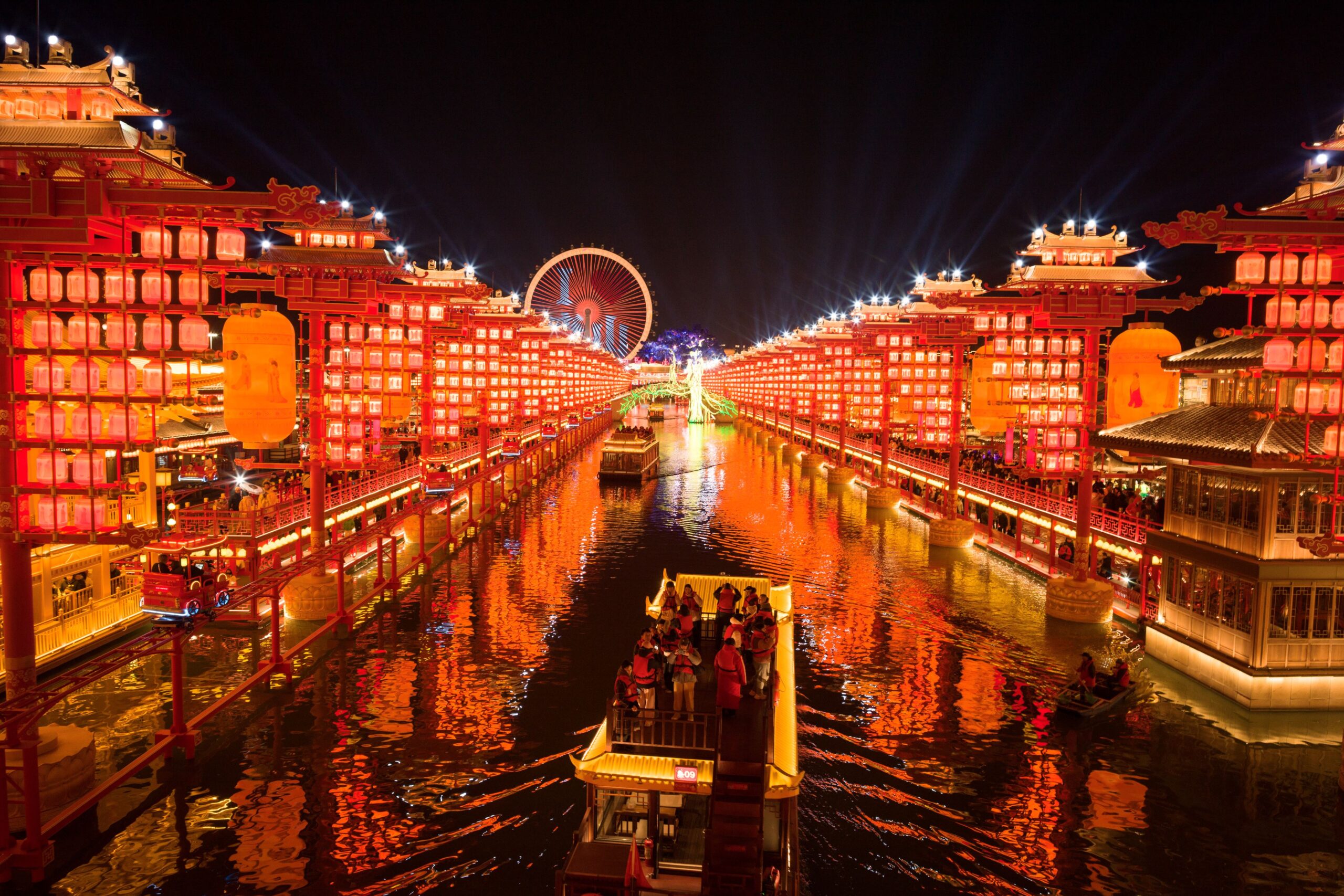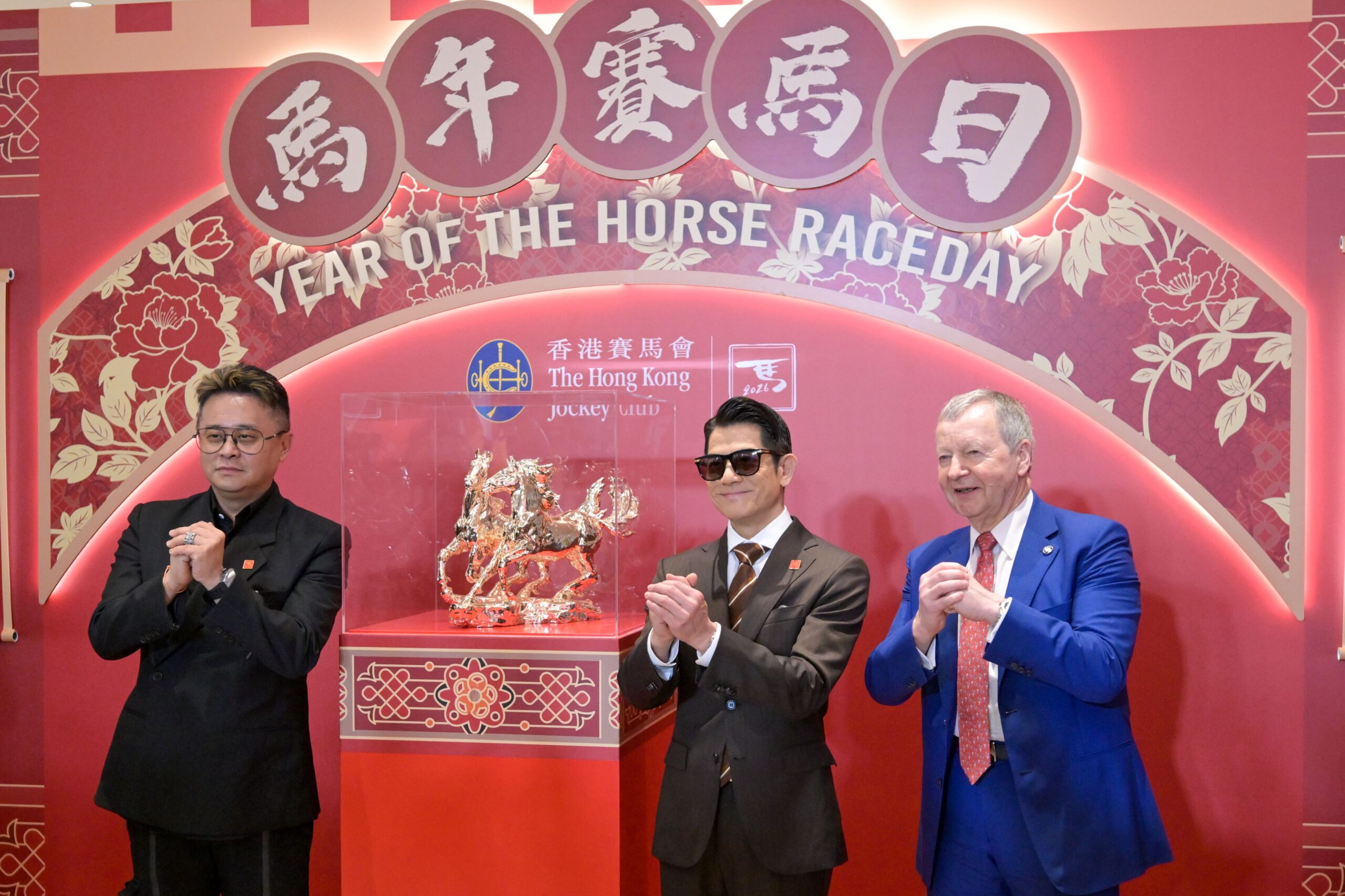Marathons have become highly popular events in China, reflecting a broader national shift toward health and fitness.
Streets across China were alive with energy on Nov 3, as thousands of runners celebrated the “super marathon weekend”.
Data show that more than 30 marathons took place nationwide on Nov 3 alone, including events in Beijing, Hangzhou and Xi’an, drawing over 450,000 runners from around the globe.
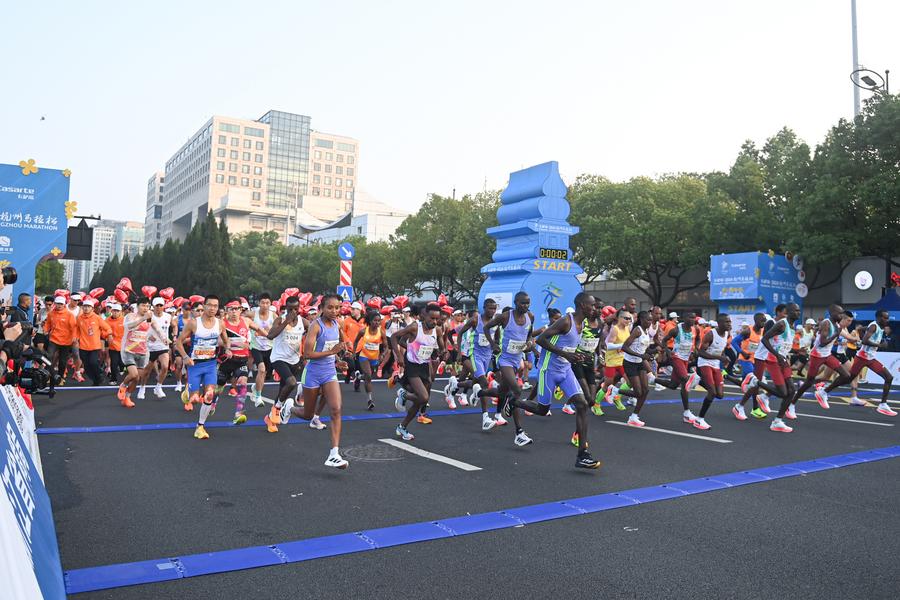
Young Chinese Embrace Marathon
Gong Zizhuo, a chemistry senior at Peking University, is one of them. “My goal is to complete a marathon in three hours, and I made it in Beijing,” Gong said. His finish time is 2 hours, 56 minutes and 43 seconds. “Running makes me relaxed and helps to relieve pressure, during which I can put aside those troubles and feel purified,” he added.
Also within three hours, doctoral student Cao Jiaxin from Tsinghua University made his mark at the Beijing Marathon. “I prepared myself on campus and made a step forward at the Beijing Marathon.” said the 25-year-old history major. “If I take training well, I may run even faster,” Cao said with confidence.
Geng Tao, a graduate student from Chongqing University who clocked 2:30:27 at the race, said, “I wanted to hit two hours and 30 minutes, but just missed it. I will go back to train with my friends and further improve myself.”
Marathon Events Boom in China
Following the pandemic, marathon events have surged back to life in China, with nearly 700 races held nationwide in 2023 alone. Early spring and late autumn, in particular, see cities transformed into running festivals, with a carnival-like atmosphere attracting runners and fans alike.
“What’s remarkable is that marathons have become trendy events in cities, a trend not confined to professional athletes but one that is increasingly attracting ordinary fitness enthusiasts,” said Wang Zongping, a professor at Nanjing University of Science and Technology.
Marathon in China has won a growing competition for participation. “Nowadays, securing a marathon slot is as tough as scoring concert tickets,” said Zhang Aiping, a Chinese runner.
Despite limits on entry qualifications, spots for popular running events in major cities are often snatched up in minutes.
According to Wang, the rise in marathon popularity is also indicative of a nation that is becoming increasingly health-conscious. A 2020 national fitness activities report showed that walking and running are the top two physical activities among Chinese adults, engaging 22.7 percent and 19.8 percent of the population, respectively.
Marathon Turns into Major Economic Drivers
Beyond fitness, marathons have become major economic drivers. In recent years, China’s sports consumption and industry have flourished, turning marathons into key strategies for local economic growth.
According to a recent report on the outdoor sports industry, large-scale road-running races in China’s major cities generate an average revenue of 29.1 million yuan (4 million U.S. dollars) per event. As of September 2024, China had over 177,000 outdoor-related companies, while the outdoor gear market grew from 67.5 billion yuan (9.48 billion U.S. dollars) in 2019 to 87.2 billion yuan (12.25 billion U.S. dollars) in 2023.
Marathoners like Zhang often invest heavily in gear. “I spend around 10,000 yuan (1,404 U.S. dollars) a year on sports-related expenses,” he said. Data indicate that 59.34 percent of marathon participants spend over 1,000 yuan (140 U.S. dollars) on wearable gear, with spending continuing to rise.
The immense popularity of marathons has also drawn an increasing number of corporate sponsors, ranging from traditional sportswear and energy drink brands to banks, insurance, home goods and fast-moving consumer goods.
The spending by out-of-town marathoners on lodging, transport, dining, merchandise, and entertainment infuses fresh money into host cities, helping stimulate local economy, creating jobs, and boosting tax revenues.
In March 2024, for instance, the Wuxi Marathon generated 283 million yuan in direct economic benefits, with dining and accommodation alone contributing over 243 million yuan (40 million U.S. dollars).
Written by Liu Sha, additional reporting by China Today and Xinhua.
If you liked this article why not read: How to Have a Better China Travel Experience



